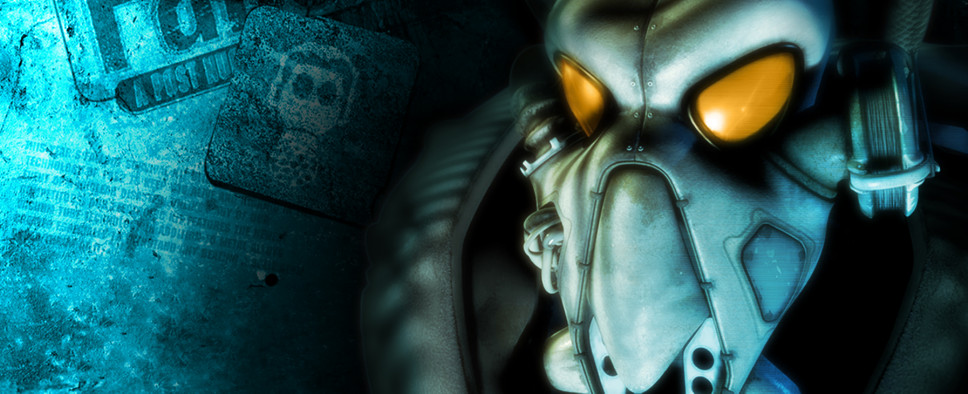Chris Avellone Interview
-
Category: News ArchiveHits: 4295

Dutch website Pixelcake has published an interview with Chris Avellone, and luckily for us, they offer an English version, which I'm linking to. The interview mostly focuses on Avellone's experience in the industry, and also offers some advice to aspiring game devs:
When leading a project, there's a lot of different things to also consider. Of course you need to show some appreciation now and then. (Say thanks when people do well, and tuck the thanks away in a sub-folder so you can refer back to it when writing reviews.) But at the same time, you need to be a bit ruthless at times as well. (Wrapping up a project is a skill, and it requires ruthless precision that can be applied slowly across the course of a project, not just at the end. I always admired Feargus for his ability to go (Feargusarus Rex) on a project to ensure that decisions were being made to focus and tie-up the game for ship.)
Another thing you need to be able to do, is delegate. No great leader can accredit all his accomplishments to solely his own efforts, and not being able to rely on others can make everything come crashing down around you. (You cannot do everything yourself, and it can do a lot of damage to a game. I was halfway through Ravel's Maze in Planescape: Torment before it sunk in that I could not write, design, and build this game by myself. Learn to give goals, segment work, and empower others to take the goals and run with them (case in point: Ken Lee and the spells he designed, or Eric Campanella doing the character models). You need to know to let go.)
There's power in realizing that, according to Chris. (When we were doing Icewind Dale 2 or Old World Blues, we had a very loose set of parameters for the levels and goals and let people have fun making the content. While each level in IWD2 tends to have a different feel, I think there's a considerable amount of fun content that wouldn't be there if it had been dictated more. In Old World Blues, we just told designers to (go) and we'd explain everything in the context of Big MT.)
...
Talking like this about his past experiences, it's clear Chris's time at Interplay has brought him many memorable moments, for better or for worse. (Fallout 2 was rough. We were worried everyone was going to lose their jobs (not in our division, but layoffs elsewhere in the company), so we were working a lot of hours, and me, in particular, was double-timing F2 and Planescape. I eventually was working so many hours a week it wrecked my health. I put on 40+ lbs and the VP for Interplay came to talk to me about my work hours and help, which was very kind of her.)
...
It wasn't all bad though. (Fallout 2 was a lot of fun in other respects notably, the independence the area designers were given and the way we segmented the game allowed many designers to get a lot done, quickly. While I feel there were some consistency and quality issues, I think a number of areas, even ones passed from designer to designer, were still a lot of fun to play.)

